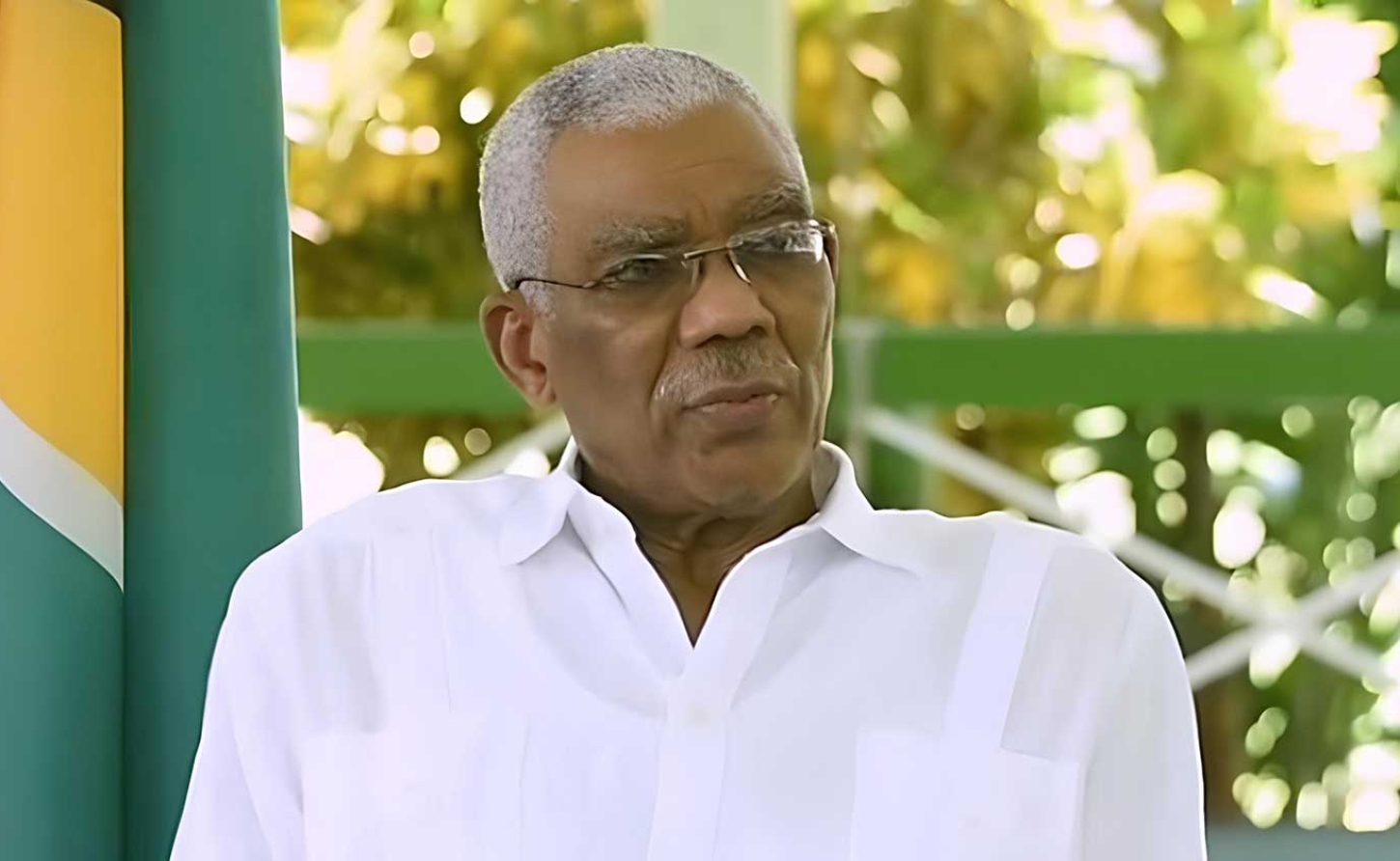GUYANA | The Shurian Conspiracy: A Decade of Political Turmoil Unveiled

GEORGETOWN, Guyana, October 13, 2024 - In the tumultuous landscape of Guyanese politics, the year 2014 marked a pivotal moment for the People's Progressive Party (PPP). A perfect storm of crises converged, threatening to upend the party's long-standing dominance and reshape the nation's political future.
The PPP found itself grappling with a staggering 54,000-vote hemorrhage since 1997, a stark reminder of its waning popularity. The sugar industry, once the lifeblood of Guyana's economy, teetered on the brink of collapse. The specter of the "Troubles" loomed large, with 1,431 lives lost in a wave of violence that exposed the government's inability to maintain public security.
As if these challenges weren't daunting enough, the PPP faced an unprecedented parliamentary predicament. For the first time in nearly two decades, the party found itself in the minority, its grip on power slipping with each passing day. The sword of Damocles hung overhead in the form of a potential no-confidence vote, threatening to deliver the coup de grâce to the PPP's political reign.
Amidst this maelstrom of uncertainty, a new force emerged on the political stage: A Partnership for National Unity (APNU). This coalition, born from the ashes of opposition discord, presented a formidable challenge to the PPP's hegemony. The 2011 General and Regional Elections had already dealt a blow to the ruling party, granting the combined opposition a razor-thin majority of a single seat in the National Assembly.
In the face of this existential threat, the PPP resorted to a strategy that would soon be unveiled as the "Shurian conspiracy" – a Machiavellian plot aimed at destabilizing their primary opposition. The target: the People's National Congress (PNC) and its upcoming 18th Congress in July 2014.
Speaking on "The Public Interest" program, former President David Granger lifted the veil on this audacious scheme. "The PPP conceived the Shurian conspiracy to undermine the PNC and APNU, which it blamed for its predicament," Granger revealed, his words cutting through years of political obfuscation.
This wasn't merely a war of words or ideas. The PPP, according to Granger, weaponized the state's coffers to finance their clandestine operation. Under the guise of community development and youth initiatives, millions of dollars were allegedly funneled into a campaign of disruption. "Money was spent without due accountability," Granger asserted, painting a picture of fiscal impropriety that would make even the most hardened political operatives blush.
The scale of the operation was breathtaking. A fleet of buses hired to transport agitators. 'Pocket money' distributed to sway loyalties. Brochures and full-page newspaper advertisements calling for an uprising against the PNC leadership. All of this, Granger contends, was orchestrated using state resources, hidden from public scrutiny through a labyrinth of financial misdirection.
The depths of the PPP's financial chicanery, as alleged by Granger, were staggering. He pointed to the creation of "slush funds" through 400 Community Development Councils, each armed with a billion-dollar budget. These funds, he claimed, were designed to obscure the true nature of transactions from both public and parliamentary scrutiny. Even more alarming was the alleged misuse of the Lotto Fund, deliberately withheld from the Consolidated Fund to avoid oversight.
As the political temperature rose, the opposition parties APNU and AFC prepared to deliver what they hoped would be a knockout blow – a vote of no-confidence against the PPP administration. Their rallying cry? The government's failure to conduct Local Government Elections for nearly two decades.
Faced with this imminent threat, the PPP administration made a desperate gambit. On November 10, 2014, the President prorogued the National Assembly for six months, effectively putting democracy on hold. It was a move that would have far-reaching consequences.
In a twist of political irony, the PPP's machinations ultimately backfired. "The PPPC-instigated Shurian conspiracy collapsed!" Granger declared triumphantly. The PNC emerged from its 18th Congress not weakened, but strengthened, its leadership consolidated through a transparent electoral process.
The final act of this political drama played out on May 11, 2015. In a seismic shift that sent shockwaves through Guyana's political establishment, the APNU+AFC Coalition clinched a majority in the General and Regional Elections. "The PPPC woke up to the nightmare of a shock defeat," Granger reflected, his words tinged with the satisfaction of a political veteran who had witnessed the tables turn.
As the dust settled on this tumultuous period in Guyana's history, one thing became clear: the Shurian conspiracy, intended to be the PPP's masterstroke, had instead become the catalyst for its own downfall. In its wake, a new chapter in Guyanese politics began, promising to loosen what Granger described as "the stranglehold of the PPPC's patronage networks and its grip on the populace."
The story of the Shurian conspiracy serves as a stark reminder of the fragility of political power and the unpredictable nature of democracy. It stands as a testament to the enduring spirit of a nation determined to chart its own course, even in the face of formidable obstacles.
-30-
